In this guide, we review the top 10 performance management tools for 2024. These tools help companies manage and develop their teams better. From tracking progress to encouraging growth, these tools offer a range of features tailored to various business needs.
1 - Eletive - Overall best performance management software
Eletive:format(png)/f/288714721386412/bae70aac0d/668shots_so.png)
Eletive helps boost employee engagement and track performance with real-time pulse surveys, 360-degree feedback, and clear action plans. These tools help businesses improve how teams perform and keep employees engaged.
Eletive also supports OKRs (Objectives and Key Results) and SMART goals, aligning individual performance with company targets. Its AI-powered insights provide helpful data to guide goal-setting and track improvement.
Key Features for Performance Management
OKRs and SMART goals for aligning goals
360-degree feedback for full performance reviews
AI insights for smart decisions
Adjustable surveys to gather specific feedback
Attrition prediction to flag potential turnover risks
:format(png)/f/288714721386412/8bc74e1c86/ewebinar__1_.png)
Increase engagement with Eletive
Pros
Real-time engagement tracking
Easy goal alignment with OKRs and SMART goals
Simple dashboards and reports
Tools for growing leaders and promoting self-management
Supports many languages for global teams
Cons
Learning all features takes time
Some features may not suit smaller teams
2 - Qualtrics - Great for tracking performance insights
Qualtrics:format(png)/f/288714721386412/b2ad59893f/296shots_so.png)
Qualtrics is an advanced performance management solution that helps companies gather and analyze employee performance data. With powerful data collection tools, Qualtrics enables businesses to gain deep insights into employee progress and overall team performance. This software is especially useful for companies that want to gather employee feedback through surveys, analyze performance, and use the data for goal setting and performance improvement.
In addition to tracking performance, Qualtrics offers features for employee engagement. Managers can identify areas where teams are thriving and pinpoint areas for improvement. The platform also makes it easy to create custom surveys and reports, ensuring that managers receive the data they need to make informed decisions. While the setup can be complex, especially for large organizations, Qualtrics provides the flexibility and depth needed to handle a wide range of performance metrics, making it a great choice for companies focused on continuous feedback and improvement.
Pros
Powerful survey and data collection tools
Provides deep insights into performance and employee engagement
Flexible surveys and detailed reporting
Cons
Complex setup for larger organizations
Can be expensive for small businesses
3 - Glint Viva - Great for real-time feedback and well-being
Glint:format(png)/f/288714721386412/8a96e7916b/49shots_so.png)
Glint Viva focuses on providing real-time insights into employee well-being and engagement. It offers tools that allow companies to track employee feedback regulary, making it easy to understand how employees feel and what they need. Glint Viva integrates seamlessly with Microsoft Teams, making it a great addition for companies that already use the Microsoft platform. This integration helps create an environment of continuous performance management, where feedback is shared regularly, and employees feel supported.
What sets Glint Viva apart is its strong focus on employee well-being. The platform not only tracks performance but also provides insights into employee well-being by monitoring feedback related to stress, work-life balance, and job satisfaction. This focus helps businesses ensure that their employees stay happy, healthy, and productive. Glint Viva’s real-time feedback system allows managers to address issues quickly before they escalate, making it a great tool for companies that prioritize both employee performance and well-being.
Pros
Excellent for tracking real-time employee well-being
Seamless integration with Microsoft Teams
Strong focus on both performance and employee well-being
Cons
Setup can be complex for non-Microsoft users
Costs may be high for smaller organizations
4 - Workday Peakon Employee Voice - Suitable for regular feedback and insights
Workday Peakon Employee Voice:format(png)/f/288714721386412/a46e5651f9/246shots_so.png)
Workday Peakon Employee Voice offers a robust system for gathering continuous feedback from employees, helping managers understand how their teams are performing at any given moment. By focusing on regular check-ins and performance tracking, Workday Peakon ensures that managers are always in tune with the needs and progress of their teams. It offers detailed performance insights that allow managers to track progress over time and make data-driven decisions to improve overall employee satisfaction and engagement.
Workday Peakon’s unique advantage lies in its ability to support succession planning and talent management by providing insights that help identify high-performing employees and future leaders. With its strong reporting capabilities, Workday Peakon allows companies to stay informed and take immediate action based on real-time employee feedback. The platform is a good choice for companies looking to maintain an ongoing dialogue with employees and improve overall workplace performance.
Pros
Great for gathering continuous feedback
Supports succession planning and talent management
Detailed and actionable performance insights
Cons
Complex setup may require expert help
Price can be higher for advanced features
5 - TINYpulse - Great for quick employee feedback
TINYpulse:format(png)/f/288714721386412/439fd9dae0/468shots_so__1_.png)
TINYpulse is an easy-to-use performance management tool designed for companies that want fast, frequent feedback from their employees. Its core feature is the use of pulse surveys, which are short and quick surveys that help managers gather insights into employee engagement and job satisfaction. TINYpulse ensures that businesses receive regular feedback without overwhelming their employees with long surveys, making it an excellent tool for maintaining continuous feedback loops.
In addition to gathering feedback, TINYpulse offers features like peer recognition, allowing employees to show appreciation for their colleagues. This builds a positive work environment and encourages employee engagement. The simplicity of TINYpulse makes it ideal for small and medium-sized businesses that want to improve communication and performance quickly. While it lacks some of the advanced features found in other tools, it’s perfect for companies that need a straightforward way to check in with employees and boost team morale.
Pros
Simple and easy-to-use interface
Quick feedback through pulse surveys
Encourages peer recognition and engagement
Cons
Limited advanced features for larger teams
Basic reporting compared to other tools
6 - Culture Amp - Great for building company culture
CultureAmp:format(png)/f/288714721386412/39a44dccfe/544shots_so.png)
Culture Amp is designed to help companies foster a positive workplace culture by focusing on employee engagement and performance reviews. This platform offers flexible surveys that help companies gather insights into how employees feel about their roles, teams, and the overall work environment. With these insights, managers can take steps to build a stronger, more supportive company culture, improving both employee satisfaction and retention.
Culture Amp also excels at continuous performance management, providing tools that allow managers to conduct performance reviews and set goals for both individual employees and teams. These features help ensure that employees are aligned with company goals, and it provides managers with the insights they need to guide their teams toward success. The platform’s focus on feedback and goal alignment makes it a good tool for companies looking to build a strong, cohesive company culture while improving performance.
Pros
Excellent for fostering company culture
Flexible surveys for gathering employee feedback
Strong focus on goal setting and alignment
Cons
Complexity can be overwhelming for small teams
Higher cost for full features
7 - BambooHR - Good for all-in-one HR and performance management
BambooHR:format(png)/f/288714721386412/fc158b356f/594shots_so__1_.png)
BambooHR is a comprehensive human resources solution that combines HR management with performance tracking. It’s an all-in-one platform that covers everything from recruitment and onboarding to goal setting and performance reviews. For companies looking for a system that handles both HR tasks and performance management, BambooHR is an excellent choice.
BambooHR’s performance management tools allow managers to set clear goals for employees, track their progress, and conduct reviews. It simplifies the entire performance management process by integrating HR functions like time tracking, benefits administration, and employee development. This makes it easy for HR teams to manage their workforce from hiring to ongoing performance improvement. BambooHR is particularly well-suited for small to mid-sized businesses that need a simple, integrated platform for both HR and performance management needs.
Pros
Combines HR and performance management in one platform
User-friendly and ideal for small to mid-sized businesses
Streamlines the entire HR process, including goal setting
Cons
Lacks some advanced performance tracking features
May not be as scalable for larger companies
8 - Lattice - Good for combining performance tracking with feedback
Lattice:format(png)/f/288714721386412/2572503d34/167shots_so.png)
Lattice is a versatile performance management solution that combines goal setting, performance reviews, and feedback all in one platform. It enables businesses to manage both performance tracking and employee development through its intuitive interface. Lattice allows managers to set clear expectations, track employee progress, and provide continuous feedback throughout the year.
Lattice’s standout feature is its ability to provide 360-degree feedback, giving employees feedback from managers, peers, and direct reports. This ensures that employees receive a well-rounded view of their performance, helping them improve across different areas. The platform also includes tools for setting and tracking individual and team goals, ensuring that everyone stays aligned with the company’s objectives. Lattice is ideal for companies that value high-performing teams and want to improve overall performance through regular feedback and tracking.
Pros
Combines goal setting and feedback in one platform
Provides 360-degree feedback for well-rounded reviews
Easy-to-use interface for continuous performance management
Cons
Can be complex for new users
Costs can be high for smaller businesses
9 - 15Five - Suitable for regular feedback and goal setting
15Five :format(png)/f/288714721386412/2f24efb440/412shots_so.png)
15Five is a performance management tool designed to encourage regular communication between employees and managers. Its core feature is continuous feedback, which allows managers to check in with employees regularly, ensuring that everyone is aligned with the company’s goals. 15Five also supports goal setting, helping employees understand what is expected of them and providing a clear path for improvement.
The platform’s emphasis on feedback helps create a culture of open communication, making it easy for employees to express concerns or share their successes. In addition to regular check-ins, 15Five provides tools for performance reviews and goal tracking, making it a comprehensive solution for companies that want to keep a close eye on employee performance. This tool is particularly well-suited for small and medium-sized businesses that want to maintain regular feedback and improve performance.
Pros
Great for regular feedback and goal setting
Creates a culture of open communication
Easy-to-use and suitable for small to medium-sized businesses
Cons
Limited advanced features for large organizations
Can become repetitive for larger teams
10 - Engagedly - Good for combining performance and engagement tracking
Engagedly:format(png)/f/288714721386412/883a199451/72shots_so.png)
Engagedly is a performance management tool that focuses on both tracking performance and boosting employee engagement. It combines features like goal setting, feedback, and recognition to help employees stay motivated while improving their performance. Managers can set goals, track progress, and give regular feedback, ensuring employees understand how they're doing and what they need to improve.
Engagedly also offers 360-degree feedback and employee recognition features to create a more positive workplace. Regular recognition helps build a stronger team culture, while 360-degree feedback gives a complete view of an employee’s performance. The tool is great for companies that want to encourage continuous growth and improvement while keeping employees engaged and motivated.
Pros
Combines performance tracking and employee engagement
Provides 360-degree feedback for comprehensive reviews
Employee recognition boosts team morale
Cons
Takes time to set up fully
Higher cost for smaller teams
FAQ
What is performance management software?
Performance management software helps companies track and improve employee performance. It lets managers set goals, check progress, and give regular feedback. With this software, employees know what they need to do and how well they are doing. By giving continuous feedback, managers can address issues quickly, helping employees improve faster.
This software also helps align employee goals with company goals. It provides reports that allow businesses to analyze performance and make decisions about promotions, training, or areas that need attention. By using performance management software, companies can simplify the process of managing employee performance.
How does performance management software improve employee engagement?
Performance management software keeps employees engaged by providing regular feedback and clear goals. When employees know what’s expected and get recognized for their efforts, they stay motivated and focused. This feedback helps them feel connected to the company and more satisfied with their job.
The software also promotes open communication through tools like goal setting and 360-degree feedback. Employees feel more engaged when they know their feedback is valued and they are part of a company that supports their growth. This leads to a more positive work environment and higher productivity.
What are the key features to look for in performance management software?
When choosing performance management software, key features to look for include goal setting and continuous feedback. Goal setting helps managers set clear and measurable objectives for employees, while continuous feedback ensures that employees get regular updates on their progress.
Other important features include performance reviews and 360-degree feedback. Performance reviews let managers track and assess employee progress, while 360-degree feedback allows input from peers and managers to give a full picture of performance. Integration with talent management tools is also helpful for tracking employee development and identifying future leaders.
How much does performance management software typically cost?
The cost of performance management software depends on the size of the company and the features included. Basic plans usually cost between $2 to $10 per user per month. These plans often include key features like goal setting, performance reviews, and basic reporting.
For larger businesses or companies needing more advanced features like 360-degree feedback or detailed analytics, the cost can be higher. Custom solutions may start at $20 per user per month or more. Many providers offer free trials, so businesses can test the software before making a decision.

As Head of Marketing at Eletive, Nina enjoys working at the intersection of business and behavioural psychology. She firmly believes that strong brands are built from within and that employee engagement is the key to organisational success.












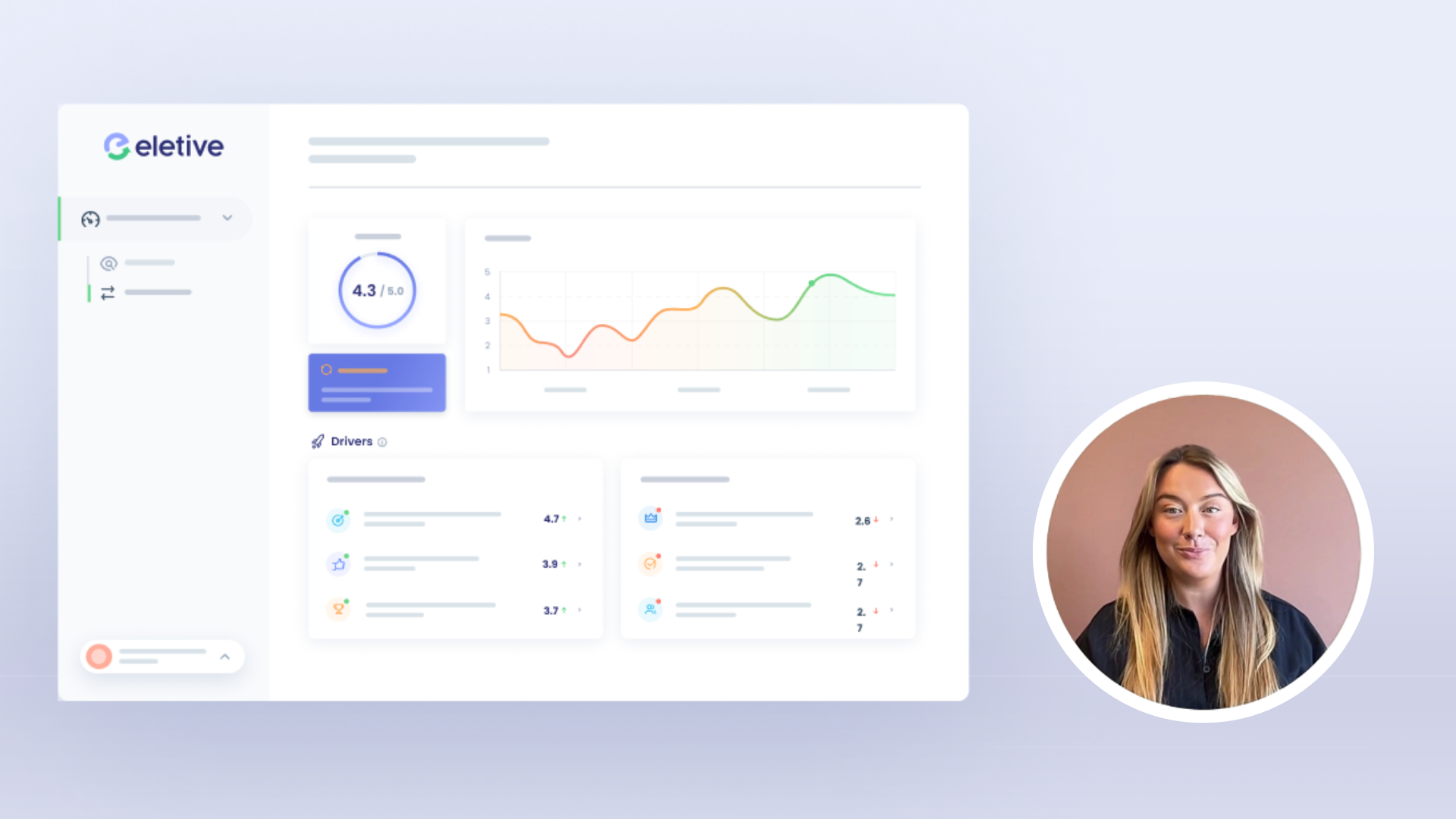



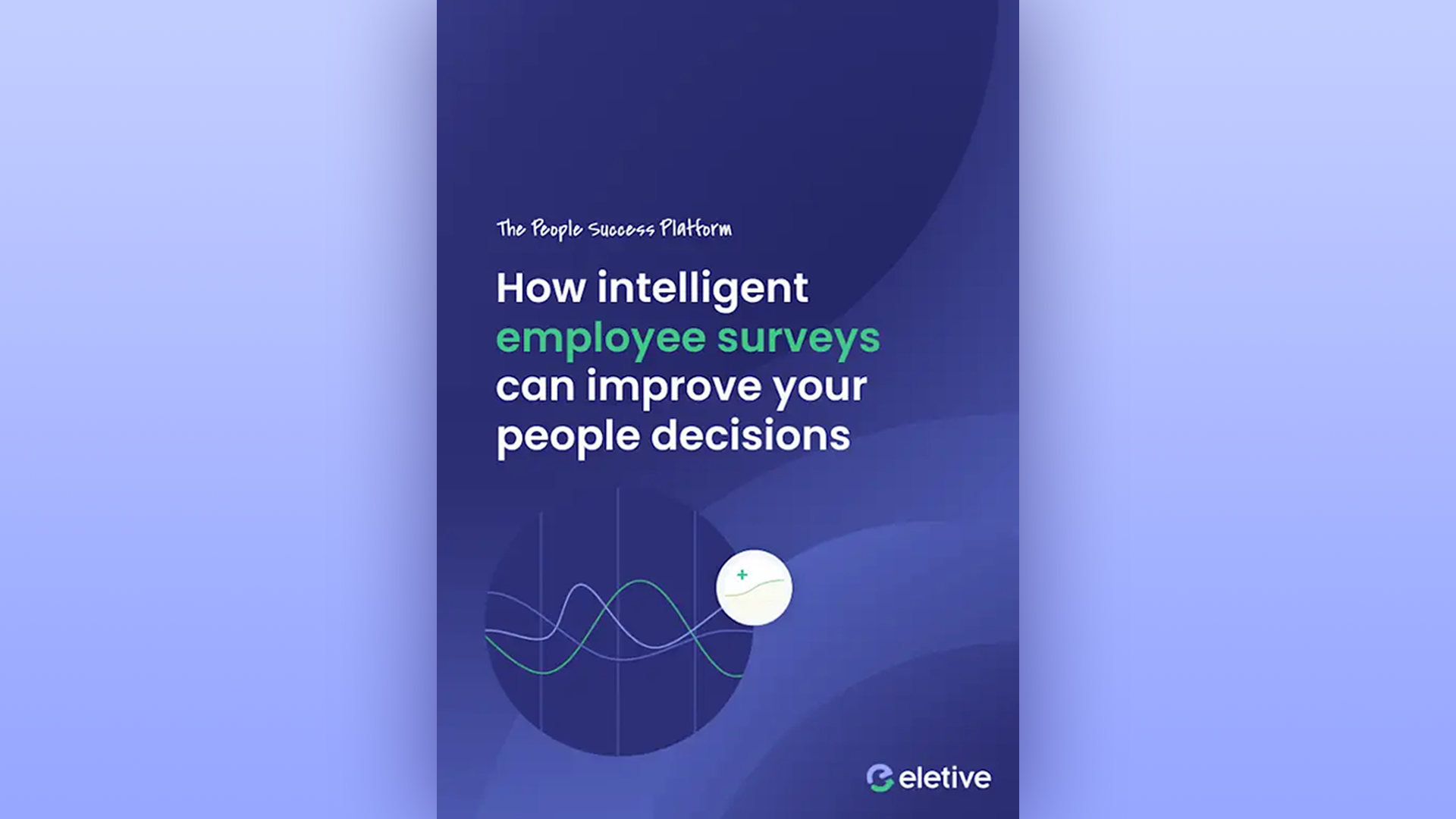




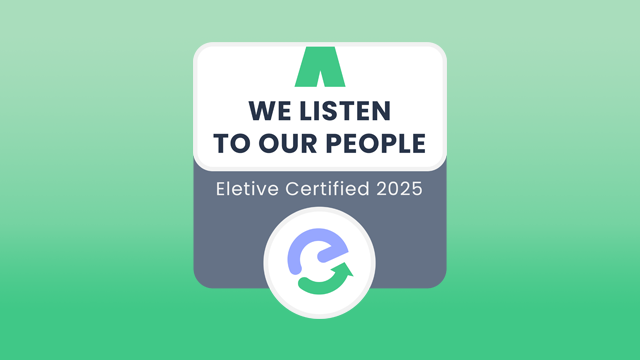
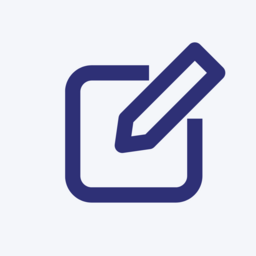
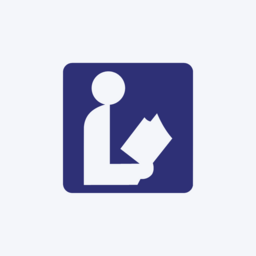


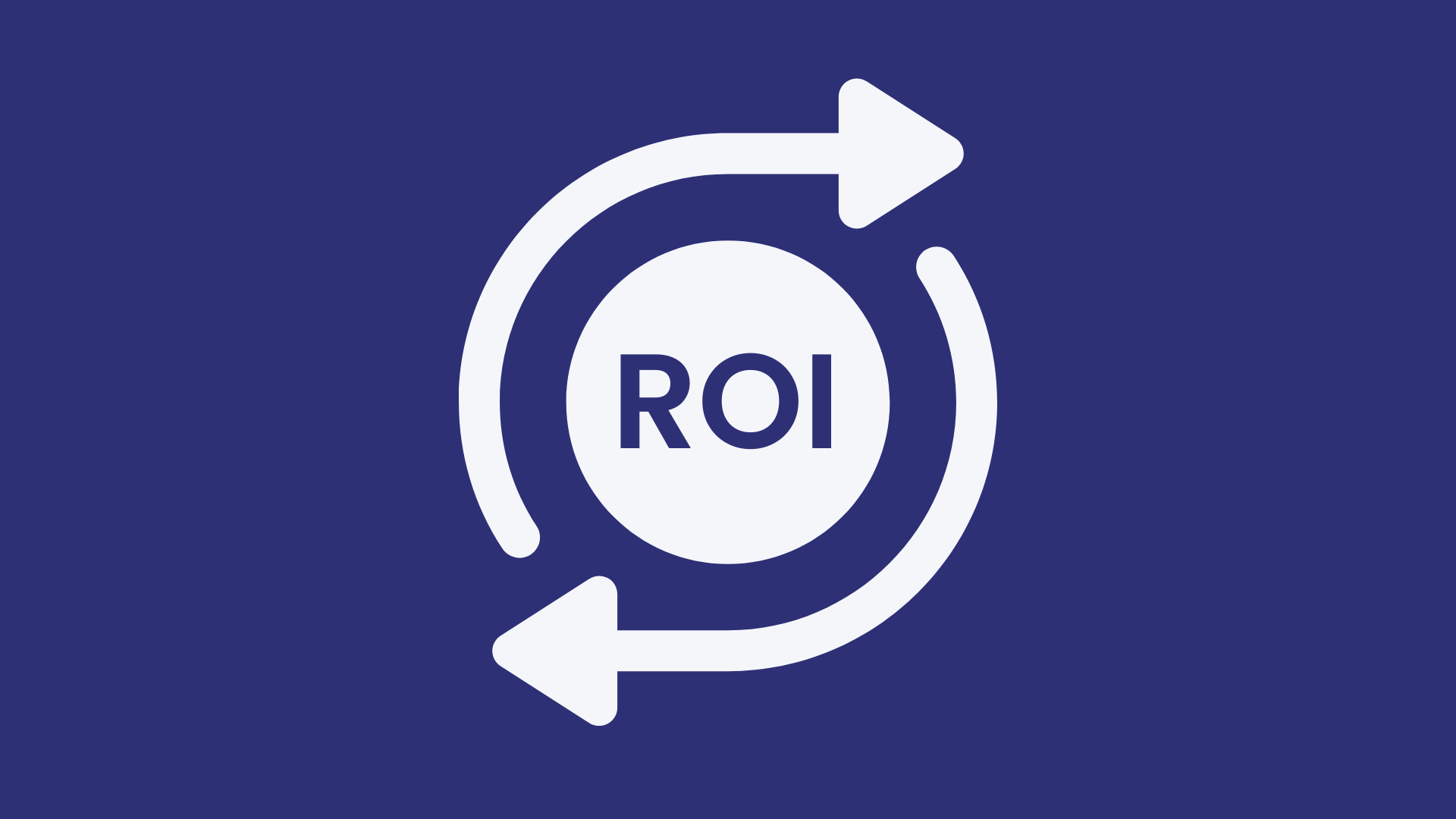
:format(jpeg)/f/288714721386412/bc7aa0714b/blog-best-performance-management-software-hero_media.jpg)
:format(jpeg)/f/288714721386412/1280x720/02da360edc/performyard-alternatives.jpg)
:format(jpeg)/f/288714721386412/1280x720/154d0efc4c/tinypulse-alternatives-hero.jpg)
:format(jpeg)/f/288714721386412/1280x720/940c479a26/delighted-alternatives.jpg)